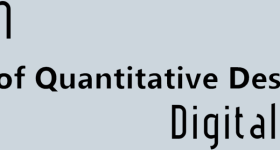We conduct an exploratory analysis of the structure and nature of the group’s presence on the platform.


We conduct an exploratory analysis of the structure and nature of the group’s presence on the platform.

Counterspeech: Multidisciplinary Perspectives on Countering Dangerous Speech
Chapter 4: Counterspeech as Persuasion and Media Effects

Inequalities in Online Representation: Who Follows Their Own Member of Congress on Twitter?
Members of Congress increasingly rely on social media to communicate with their constituents and other members of the public in real time.

Anti-Black Political Violence and the Historical Legacy of the Great Replacement Conspiracy
Racial violence is central to the American polity.

Book Chapter: Counterspeech as Persuasion and Media Effects
Counterspeech is a communicative response to hate speech that aims to reduce its harmful effects and negative externalities.

Distrust and partisan identity are theorized to undermine health communications.

The European Digital Media Observatory

The experiments focus on correcting misinformation supportive of Russia in the Russia-Ukraine War.

Factual Corrections: Concerns and Current Evidence
Factual corrections that target misinformation improve belief accuracy. They do so across a wide variety of countries, political beliefs and demographic characteristics. Instances of back-fire,...

Anti-vaccine content and other kinds of misinformation are hypothesized to be more heavily monetized than other kinds of online content.
